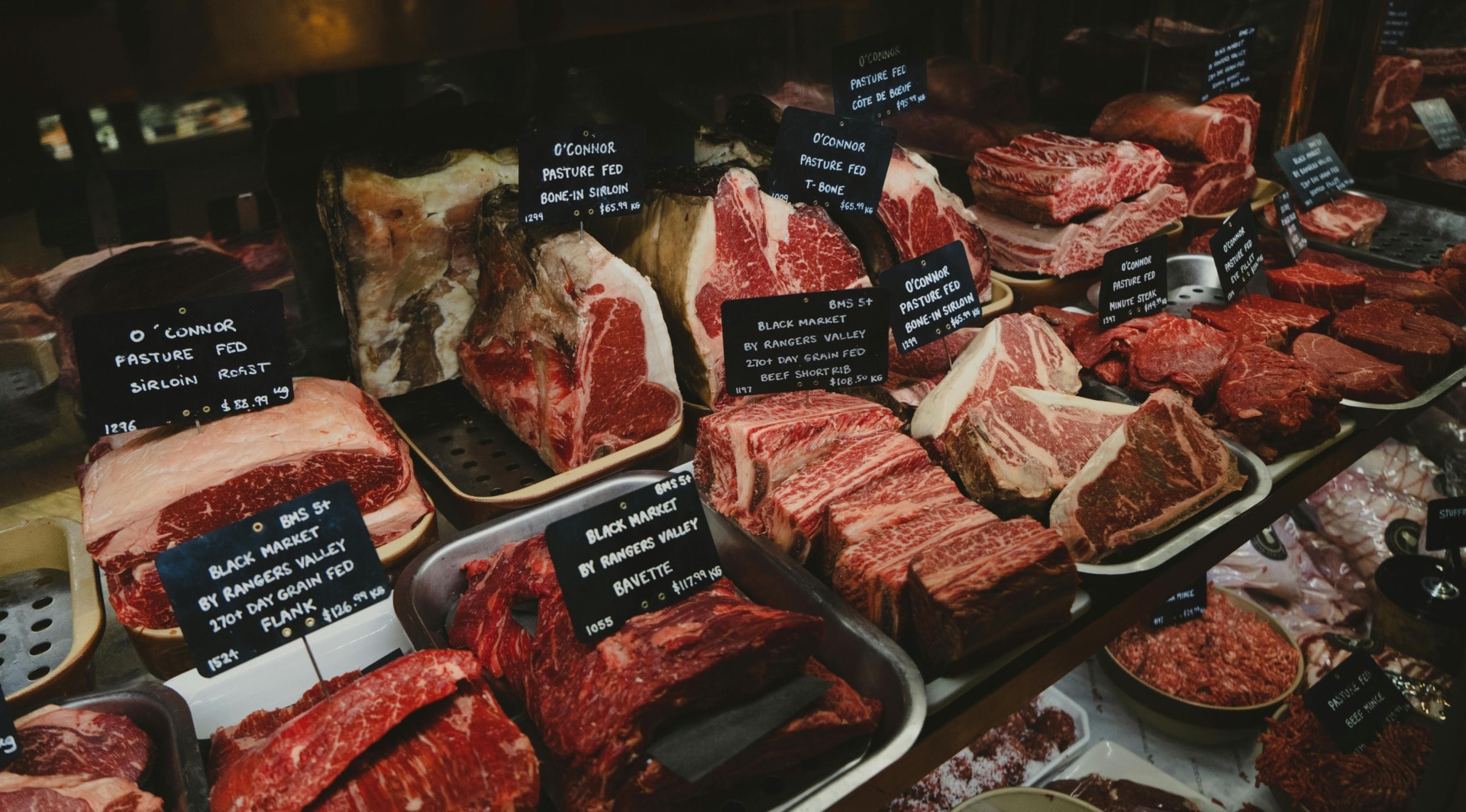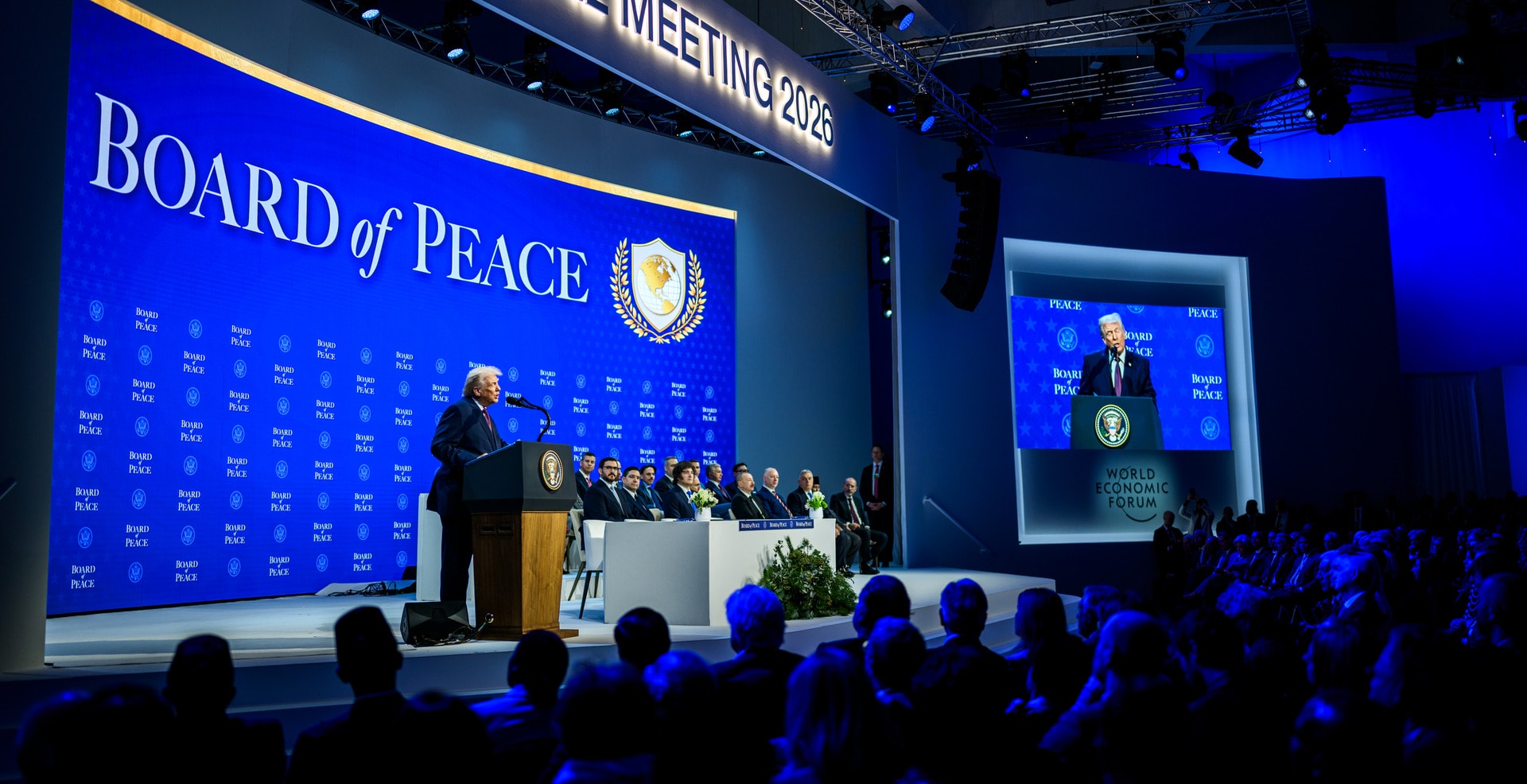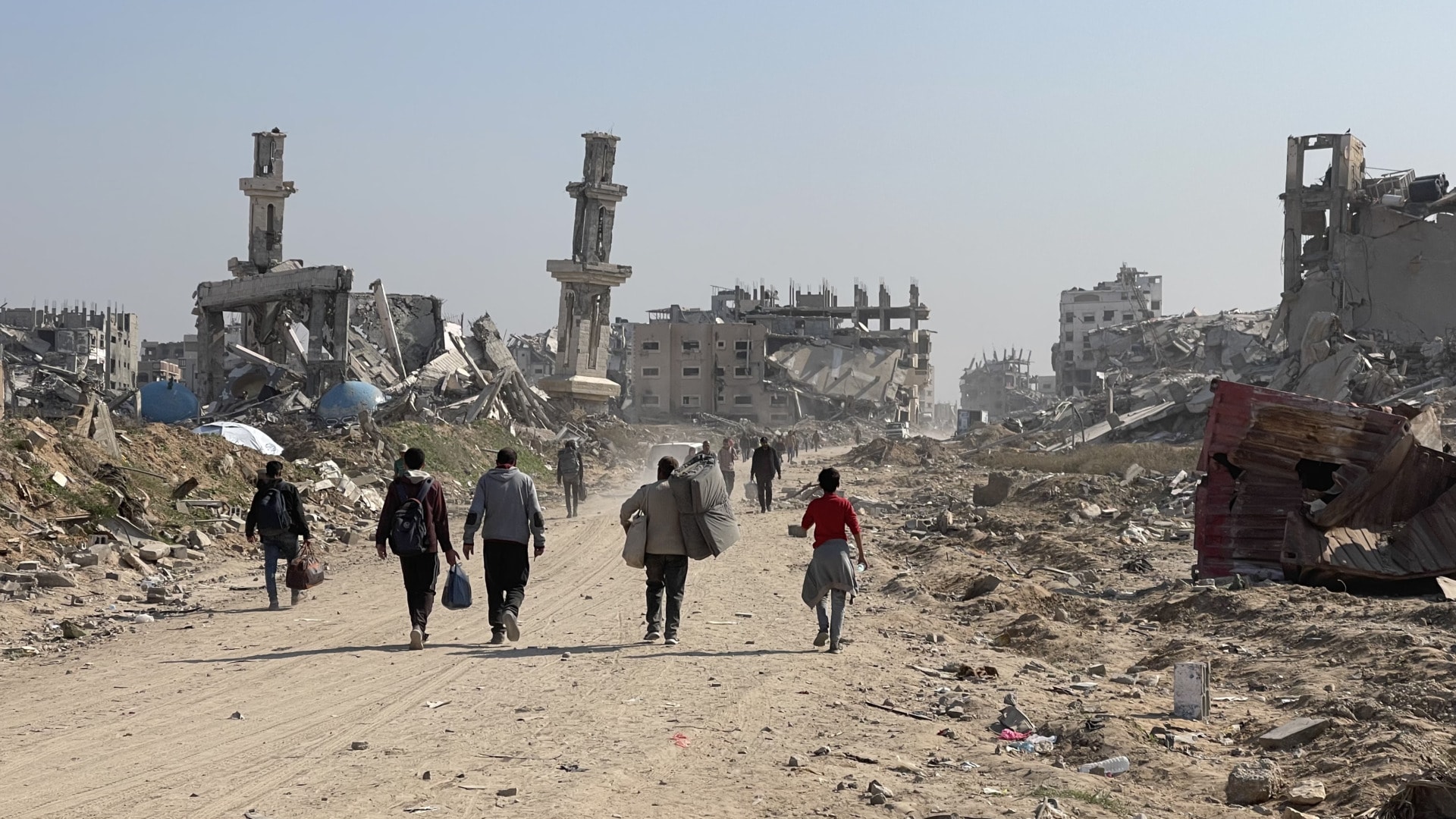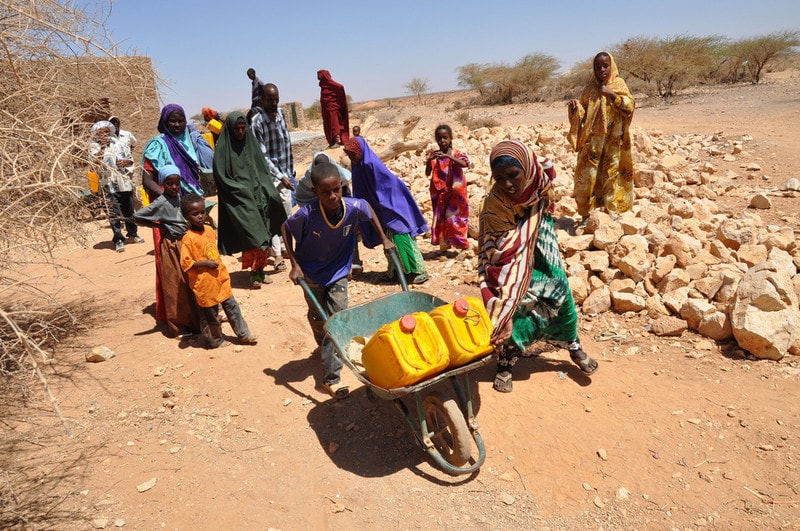On June 26-28, Germany hosted the G7 meeting in Schloss Elmau in Bavaria. The German G7 Presidency has set “Progress towards an equitable world” as the Summit’s theme, with five major goals: sustainable planet, economic stability and transformation, healthy lives, investment in a better future and strong together.
Yesterday we reported that the G7 leaders discussed banning imports of Russian gold and expanding sanctions against Russia with the aim to “further restrict Russia’s access to key industrial inputs, services, and technologies produced by our economies, particularly those supporting Russia’s armament industrial base and technology sector.”
Today, in this article, we will describe and analyze the latest results of the G7 summit, which include new commitments to fight global hunger as well as agreements to explore Just Energy Transition Partnerships with developing nations and the idea of capping Russian oil prices.
Just Energy Transition Partnerships
The G7 agreed to move forward on a series of deals designed to help developing economies clean up their energy systems with the Just Energy Transition Partnerships (JETPs).
One of the results of the 2021 United Nations Climate Change Conference (COP26) was the commitment made by the United Kingdom, United States, Germany, France and the European Union to provide $8.5 billion to South Africa to help with its transition to renewable energy in a way that protects coal miners and their communities.
The COP26 partnership, which has the potential to be a game-changer in the way countries collaborate in tackling climate change, seems to have set a precedent for similar initiatives with other developing countries, such as those proposed at the G7 meeting in Germany.
As the G7 statement explains, the leaders “welcomed progress in discussions to date and affirmed their intent to move forward in negotiations with Indonesia, India, Senegal and Vietnam on JETPs to support energy policy reforms, with a view to decarbonising energy systems and increasing energy efficiency,” also underlining commitment to work with Argentina to achieve climate neutrality by 2050.
The progress on this will be reviewed at COP27 in Sharm el-Sheikh, Egypt, in November 2022.
Putting a cap on Russian oil prices
Another key takeaway is France’s proposal to cap the price of Russian oil by establishing worldwide price controls that would apply to all producers, including those in the United States.
French President Emmanuel Macron is pushing for a worldwide ban, confronting the G7 with countries like Saudi Arabia in the OPEC producers’ cartel. It remains unclear how France plans to force other big oil producers, including members of the OPEC, to limit their prices.
The U.S., which originally proposed the Russian price cap, said that it might take a while to discuss details and form an agreement.
Germany, on the other hand, has reacted skeptically to Marcon’s proposal, fearing it would likely trigger “artificially-created shortages.”
Already before the Summit, G7 leaders have been debating the price-cap plan targeting Russian oil exports as a way of cutting off revenues that Russian President Vladimir Putin is relying on to finance his war in Ukraine, which have only increased with the recent spike in oil and gas prices.
In fact, according to a recent Independent Centre for Research on Energy and Clean Air (CREA) report, Russia’s average export prices are now 60% higher than they were last year at this time and the country made $98bn from fossil fuel exports alone in the first 100 days of the war in Ukraine. As we suggested in our recent article on this situation, the solution would be to flood the oil market using market forces to naturally bring down the price of oil and stop Russia from benefiting from the spike in oil prices. Unfortunately, that is not a solution under discussion for now.
At the meeting, G7 leaders agreed to consider the cap on Russian oil prices and invited other countries to join them.
“We invite all like-minded countries to consider joining us in our actions,” the leaders wrote in a joint statement.
As a U.S. official remarked, putting a cap on Russian oil prices would squeeze the resources that [Putin] has to wage war and […] increase stability and the security of supply in global oil markets.”
Fighting hunger
The G7 leaders pledged $4.5 billion on Tuesday to fight global hunger, according to a G7 statement.
“We commit to an additional $4.5 billion to protect the most vulnerable from hunger and malnutrition, amounting to a total of over $14 billion as our joint commitment to global food security this year,” the G7 members said, adding that they also commit to “scaling up essential nutrition services in countries with the highest burden of malnutrition.”
The United States will provide over half of the $4.5 billion, which would go to efforts to fight hunger in 47 countries and fund regional organizations, a senior U.S. official explained.
As Reuters points out, G7 nations want to increase pressure on Russia without affecting the already soaring inflation and the “food security catastrophe,” as United Nations Chief Antonio Guterres described the present situation. According to his organization’s estimates, millions of people across some 34 countries are already on the brink of famine.
— —
The G7 leaders have also committed to creating a “Climate Club” to support the implementation of the Paris Agreement and have agreed to push for a Russian gold ban, pledging more action on Russia and promising to support Ukraine “for as long as it takes.” These will be explored in another article (keep an eye on the Impakter website).
Editor’s Note: The opinions expressed here by Impakter.com columnists are their own, not those of Impakter.com — In the Featured Photo: The first day of the G7 Leaders’ Summit 2022 in Germany, 26/06/2022. Featured Photo Credit: Andrew Parsons, via Flickr.com














